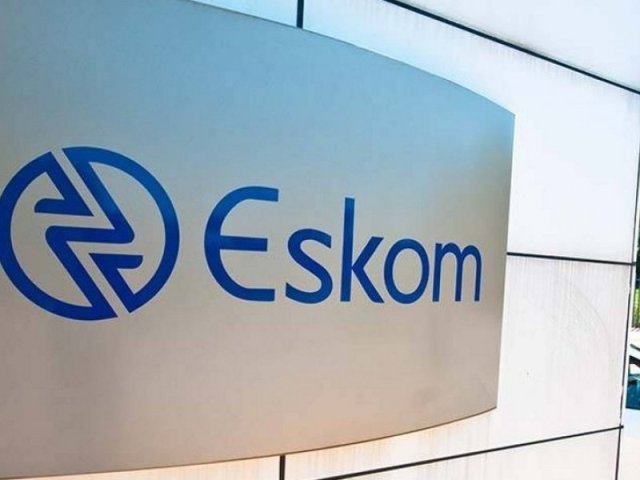Eskom and Sasol Join Forces to Pave the Way for South Africa’s LNG Future
The primary goal of the collaboration is to determine the volumes of LNG needed to establish a sustainable import market in South Africa.

- Country:
- South Africa
Eskom and Sasol have officially signed a Memorandum of Understanding (MoU) aimed at collaboratively exploring the future liquefied natural gas (LNG) requirements of South Africa. This significant agreement was finalized during a signing ceremony on Friday, marking a strategic step toward enhancing the country’s energy landscape.
The primary goal of the collaboration is to determine the volumes of LNG needed to establish a sustainable import market in South Africa. Both companies intend to identify and develop the necessary infrastructure to support this initiative, which will be facilitated by government-to-government relations as required. In the joint statement, the two companies emphasized the importance of utilizing gas for power generation. This approach not only aims to provide essential baseload electricity but also positions gas as a vital component in the country’s re-industrialization efforts. By unlocking global LNG resources, the initiative seeks to ensure a steady supply of energy to the market.
Additionally, the collaboration will assess the potential for sourcing gas domestically, within the Southern African Development Community (SADC), and from other regions across the African continent. This includes evaluating long-term LNG contracting, which is crucial for supporting Eskom’s plans to transition its coal power stations to gas in the long term. As part of its revised gas strategy, Sasol is actively working to enable future LNG supply to South Africa through partnerships with Eskom, existing and potential customers, suppliers, and infrastructure developers.
The research findings from the initial phase of the collaboration are expected to provide critical insights for stakeholders and investors, outlining both opportunities and challenges associated with LNG imports. During the signing ceremony, Minister of Energy and Electricity, Dr. Kgosientsho Ramokgopa, highlighted the critical nature of this partnership. He reiterated the government’s commitment to LNG solutions, stating that increasing gas demand across industrial and energy sectors will unlock significant opportunities for the country. “This collaboration between our two energy champions—one public and one private—will lay a data-driven foundation for gas-fed industrialization and help South Africa transition to lower-carbon energy,” he stated.
Eskom Group Chief Executive, Dan Marokane, echoed these sentiments, emphasizing the combined expertise of the two companies in transitioning from coal to lower carbon methods. “By working together, we can accelerate the climate change transition responsibly, ensuring optimal economic, environmental, and social outcomes while addressing the imminent gas supply shortfall,” he explained.
The collaboration aims to create a balanced and diversified energy mix, integrating existing coal and nuclear sources with gas for baseload power, as well as renewable energy and energy storage systems like batteries and pumped hydro. This comprehensive strategy seeks to achieve energy security and meet the rapidly growing demand for electricity in South Africa. With the global shift towards cleaner energy sources, gas has emerged as a crucial player, accounting for a significant portion of electricity production worldwide.
The partnership between Eskom and Sasol represents a critical step toward positioning South Africa as a competitive player in the evolving energy market, fostering a sustainable and resilient energy future.
- READ MORE ON:
- Eskom
- Liquefied Natural Gas
- Sasol










